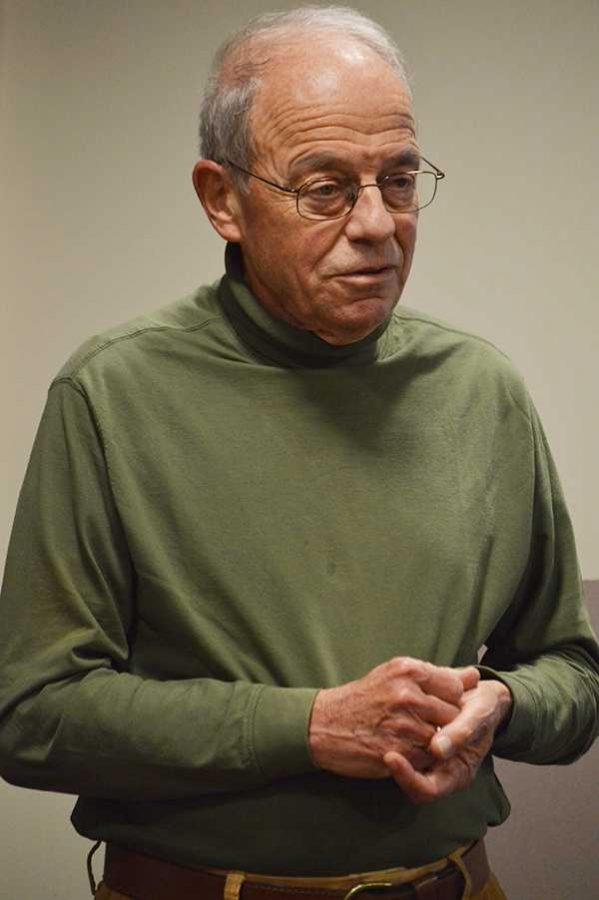TEDxNYU talks approval voting
November 12, 2014
CAS politics professor Steven Brams advocates for an innovative voting process, which, if implemented, could lead to a better political system. He discussed this in his talk, titled “Is There a Better Way to Vote?,” which was co-sponsored by TEDxNYU and the Student Political Action Club and held in the Kimmel Center for University Life on Nov. 11.
During the event, Brams described approval voting, a topic he has written and lectured about extensively. Rather than voting for only one candidate, under approval voting, citizens could cast their ballots for multiple candidates in the same election.
“If there are five candidates on the ballot, if you have a clear favorite, you can vote for your favorite,” Brams said. “If you don’t have a clear favorite, if you’re relatively indifferent, among two or more, then you can say those two or more are acceptable. You could even vote for all five candidates.”
Brams said centrist candidates would most likely benefit from approval voting, as their policies will have the widest support among the electorate. He also predicts approval voting would lead to campaigns that are less negative and the emergence of third-party candidates.
“I think it would bring new candidates into the system who don’t want to face strident objections from the left or right,” Brams said. “Knowing that centrists are favored by approval voting, they would more likely enter. I think that would be good for the system and that might mean the entry of third parties.”
The talk followed last week’s midterm elections, which saw Republicans regain the Senate majority.
Kavya Beharaj, a CAS junior and the co-director of community events at TEDxNYU, said the talk should inspire NYU students who may have become jaded by the current political process.
“Don’t let cynicism lead to inaction,” Beharaj said. “This is realizing the process can be changed.”
Other NYU students said they are under too busy to engage in politics. Tisch senior Andrew Quirk said he did not vote in the midterm elections because he was not well-informed on the issues.
“I don’t know if I care enough about it,” Quirk said. “I’ve got other things on my plate to worry about, like school, jobs and graduation.”
CAS junior Ashby Martin said academics got in the way of voting on Tuesday, when her school schedule made it impossible for her to travel to Carnarsie, Brooklyn — where she is registered to vote — in time to cast a ballot.
“I had an exam that day,” Martin said. “I couldn’t go to Brooklyn and come back in time.”
Still, John Kurtz, president of the Student Political Action Club, said he was hopeful about NYU students’ involvement in politics.
“As far as the millennial generation goes, NYU students are more involved than the generation as a whole, but students could always be more involved,” Kurtz said.
A version of this article appeared in the Wednesday, Nov. 12 print edition. Email Rebecca Spalding at [email protected].



























































































































































